Bell Baskets
Bell baskets
The photo shows the street life of the Cihangir district in Istanbul, spring 1965.
Turkish writer Orhan Pamuk writes in his novel “My Strange Thoughts”:
“— Merchant! A merchant for two, a childs voice was heard. The basket came down in front of him from heaven in the dark like an angel. Mevlut was probably so confused because the custom of shopping through a basket lowered out the window was now almost forgotten. At this point in our story, I must inform readers all over the world who do not know what buza is, and at the same time future generations of Turkish readers, who, I believe, will unfortunately forget about it in the next twenty or thirty years, that Mevlut was delivering Asias traditional low-alcohol brownish drink with a dense consistency with a pleasant smell, made from millet leaven.”.
“In the old Ottoman times, buzu was sold in stores in Istanbul. By 1923, when the republic was founded, boozovators stores had long been closed, replaced by German-style breweries. However, buza merchants like Mevlut did not disappear from the streets of Istanbul. After the 1950s, buza trading remained the only thing for merchants who walked through Istanbuls poor and unkempt cobblestone streets on winter evenings, shouting: “Buza! Who needs a buza!” — and reminded us of centuries gone by and wonderful days gone by.”
“Shopping with baskets was a custom from the time when there were no elevators and no automatic locks on front doors, and was often used in Istanbuls five-story tall buildings. Back in 1969, when Mevlut and his father first started trading, housewives who wanted to buy buzas and yoghurt during the day, or ask an apprentice grocer to bring them provisions from the store and didnt want to go down to the street hung little bells from their baskets so that vendors and grocers could hear what was upstairs, in a house without a telephone, I have a client. When the merchant put the item in the basket, he would rock it so that people at the top could hear it. Mevlut used to enjoy watching these baskets go up: they hit tree branches, touched electrical telephone wires, got entangled in clotheslines between houses, and hanging bells sounded a pleasant melody. Some very careful customers would put a special notebook in their shopping cart to record their debts.”
Previously in Old Photos: Geralds Mud and Diamond Clips, Istanbul in 1965.
Comments
Contributed by

OldPik
January 6, 2025
Have old photos?
Share your historical photographs and help preserve our collective memory.
Upload pictures

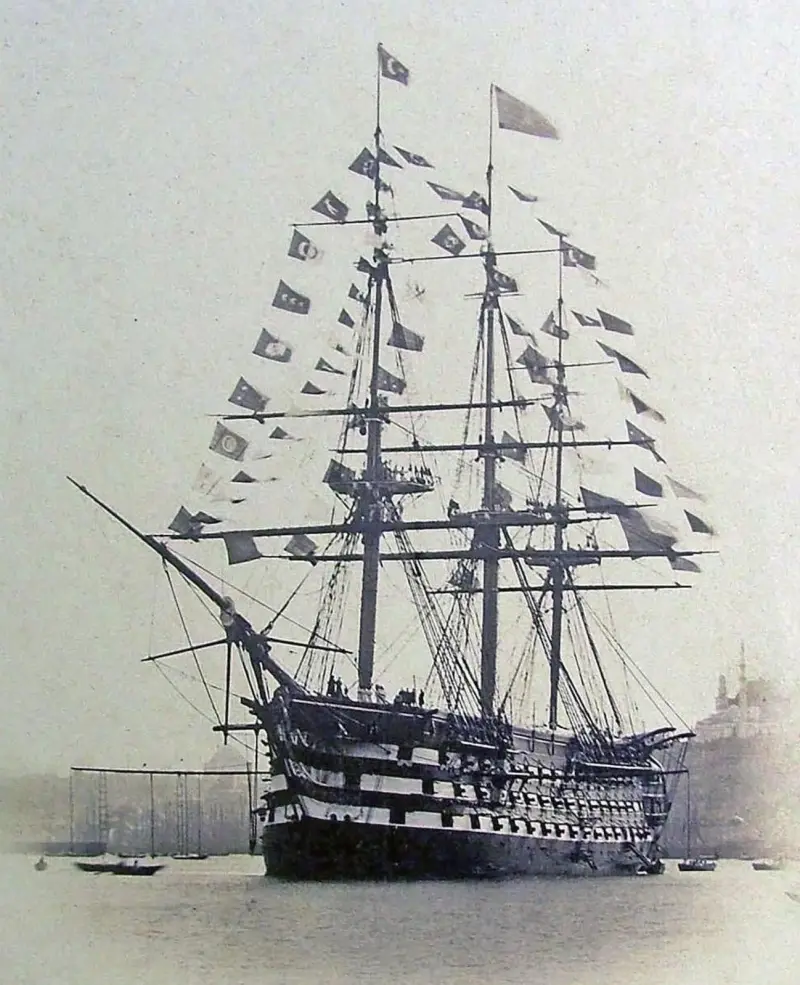
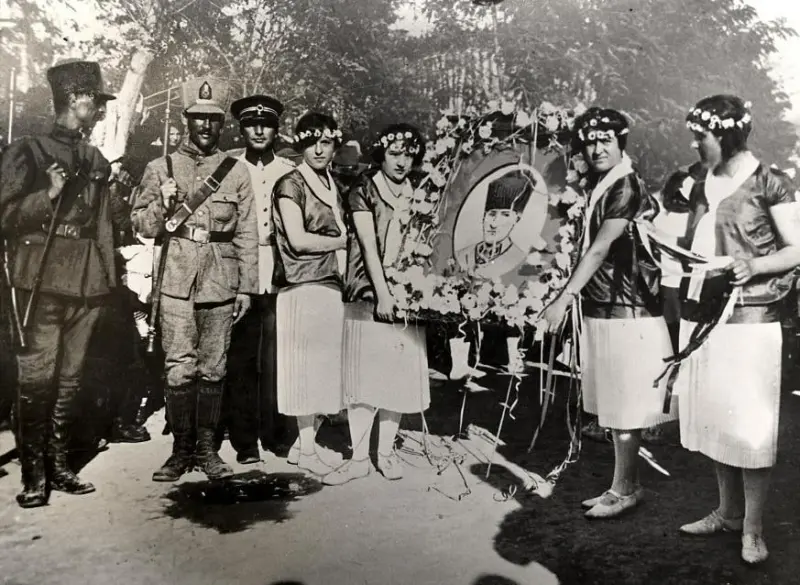
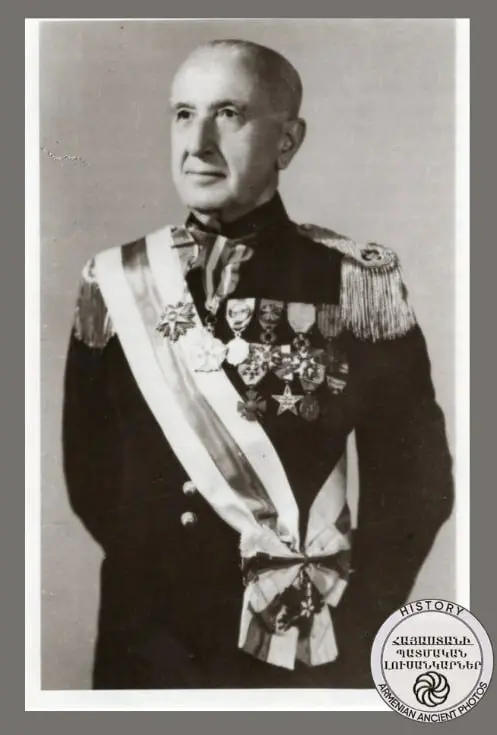
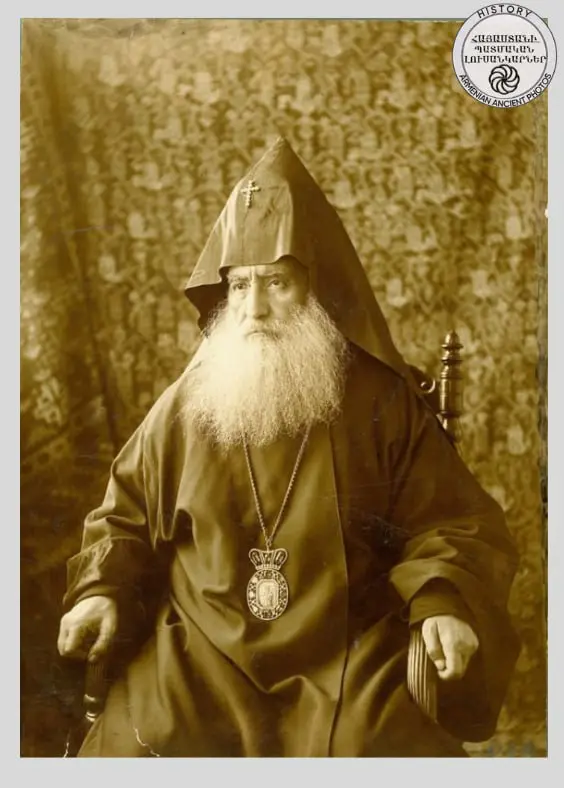
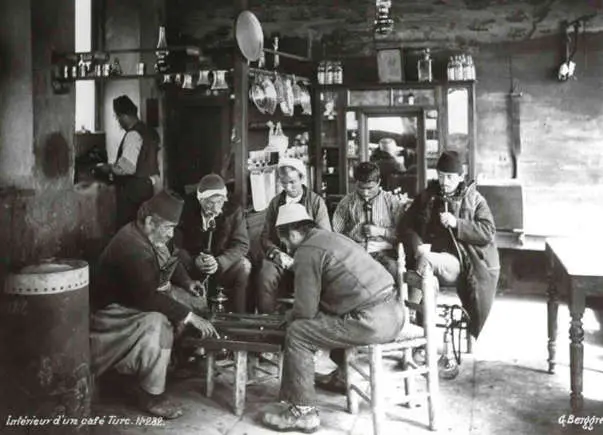
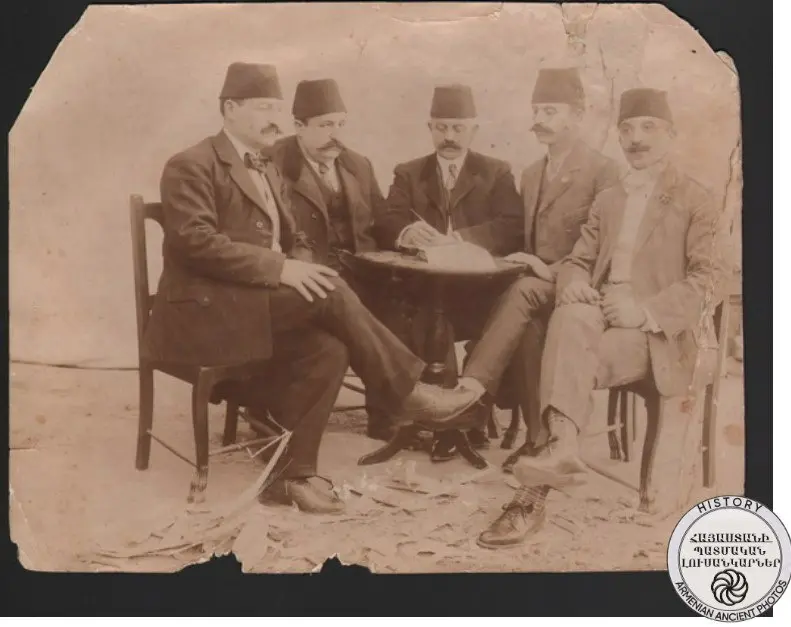
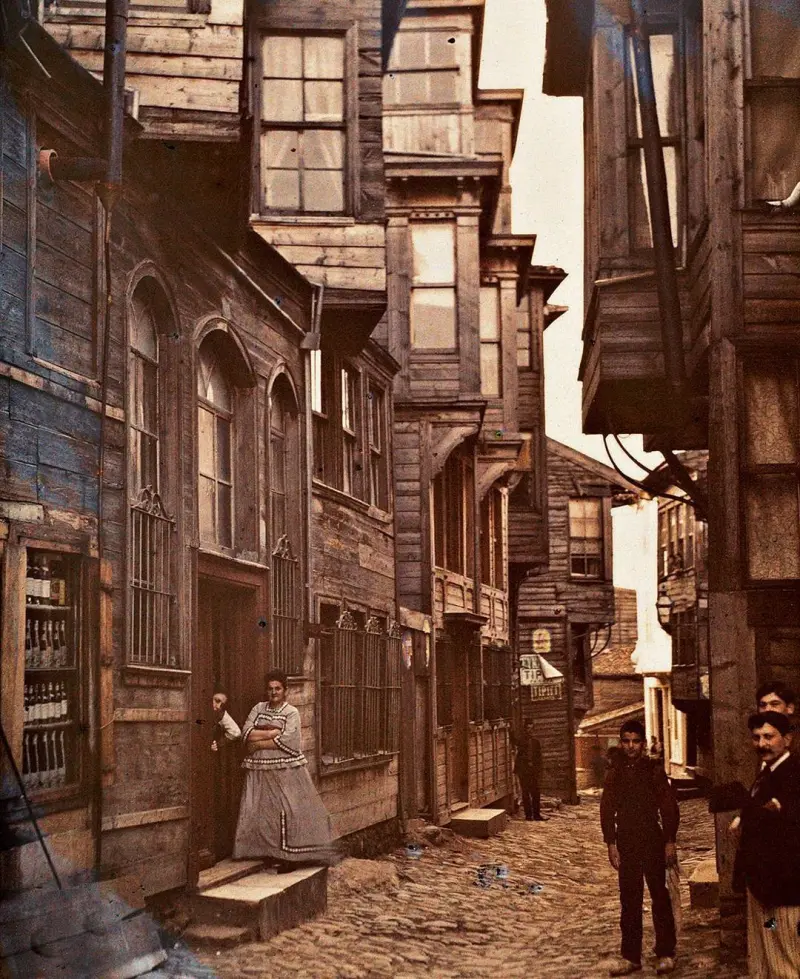
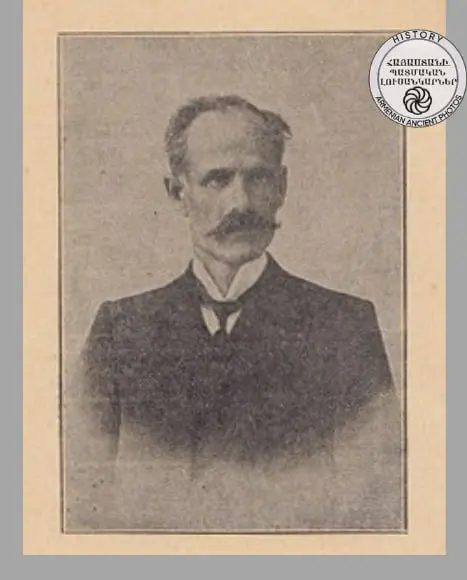
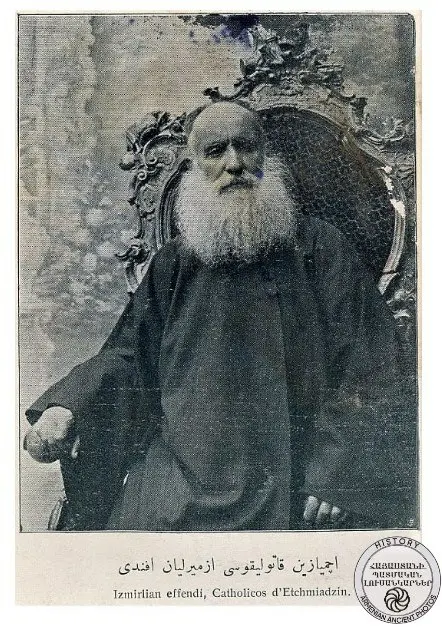
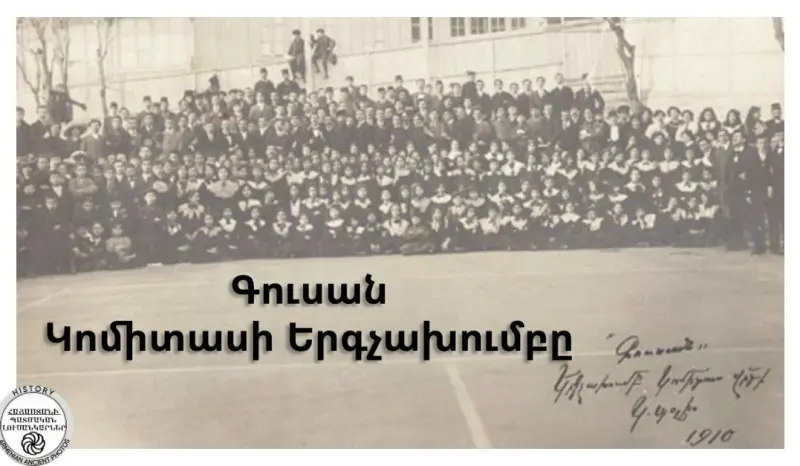
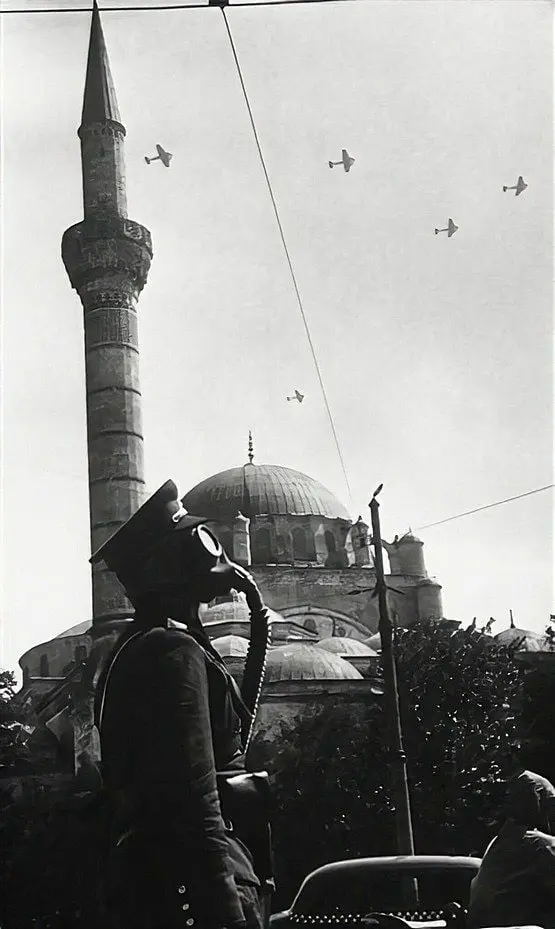
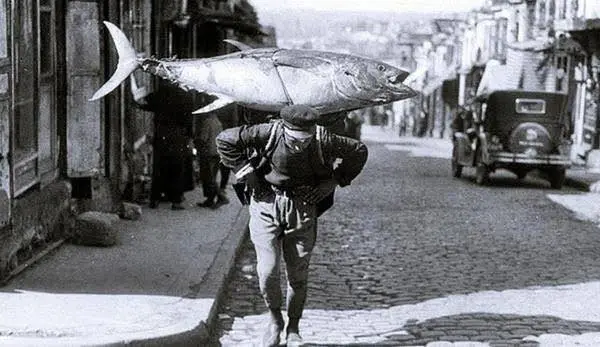
No comment yet, be the first to comment...